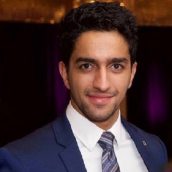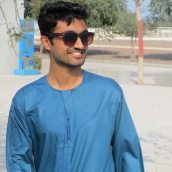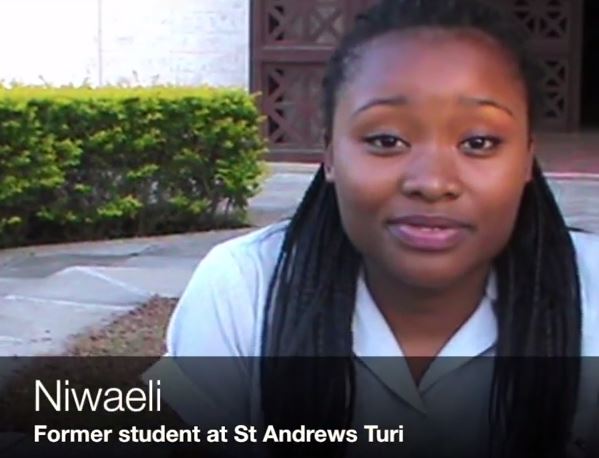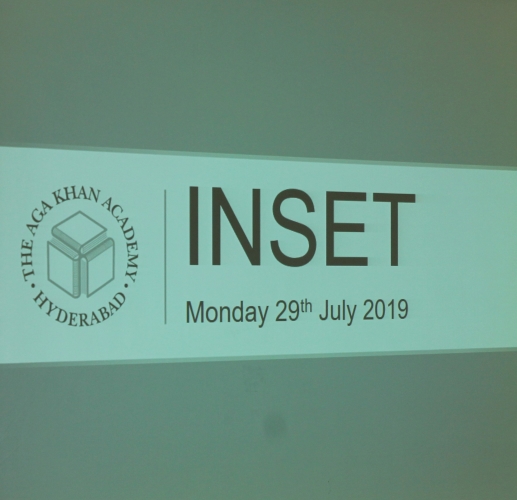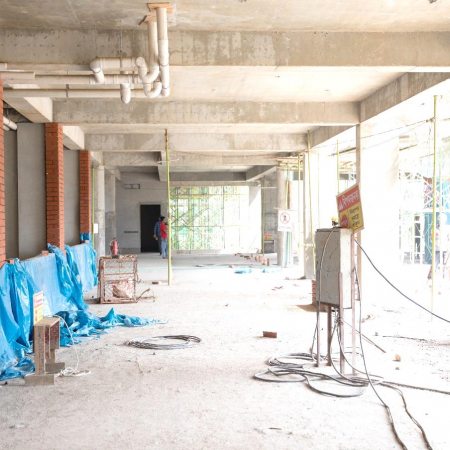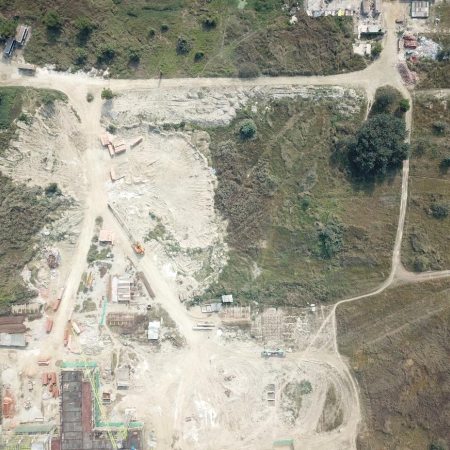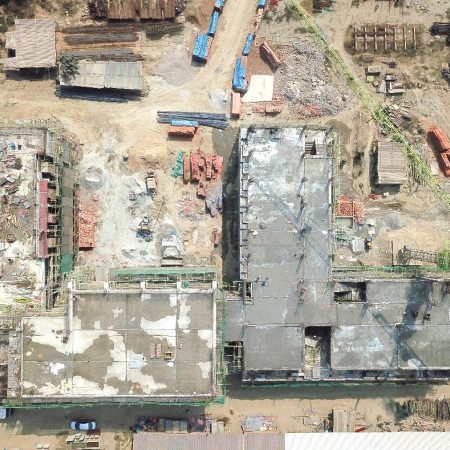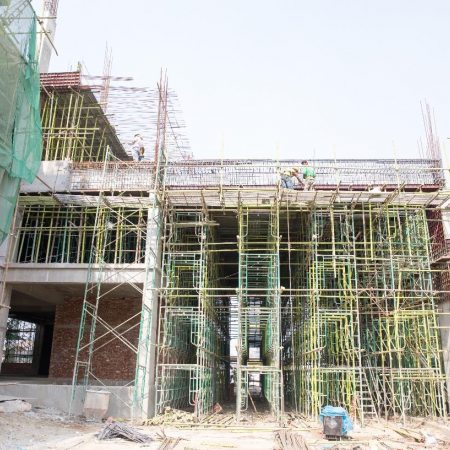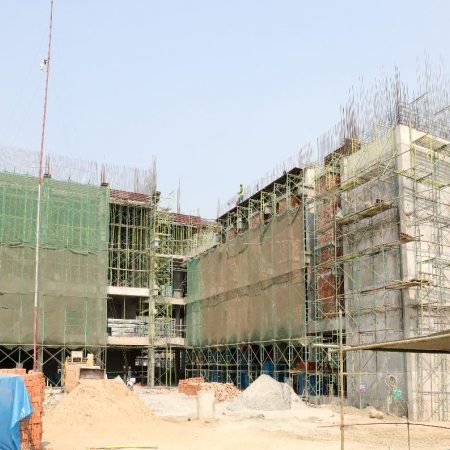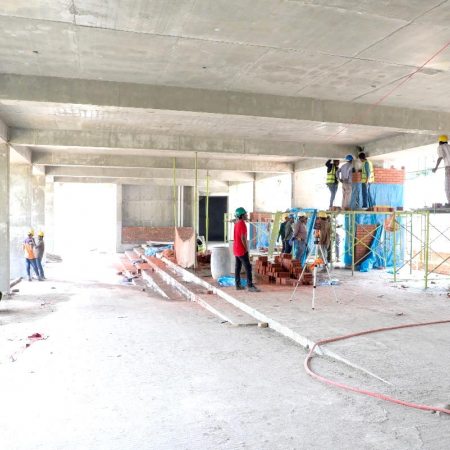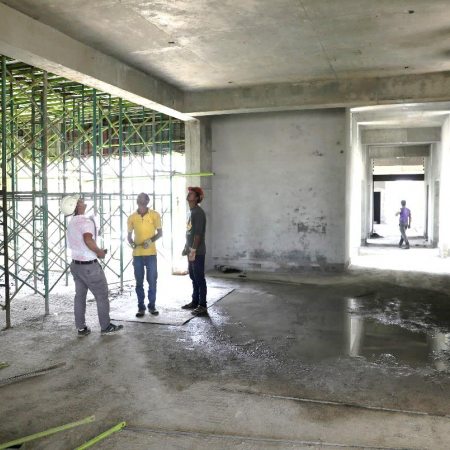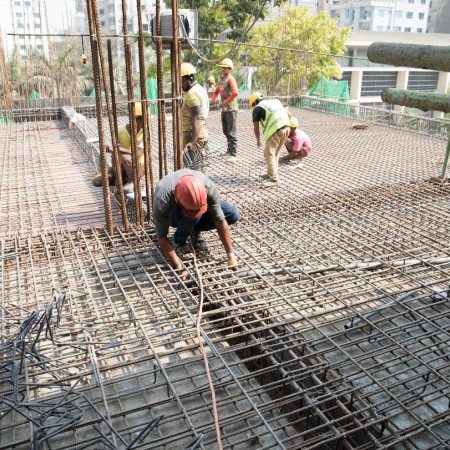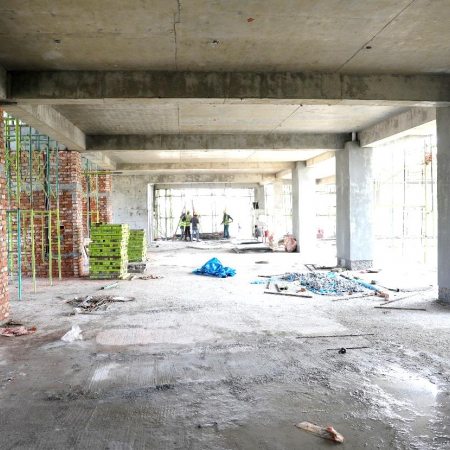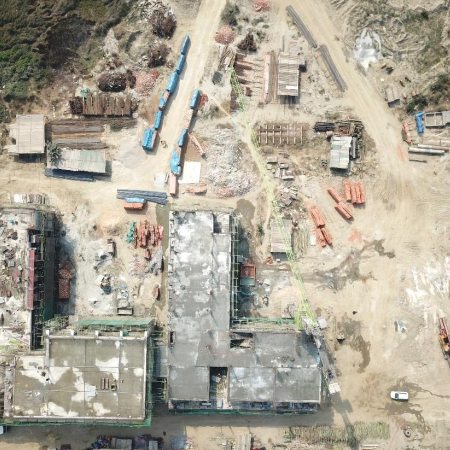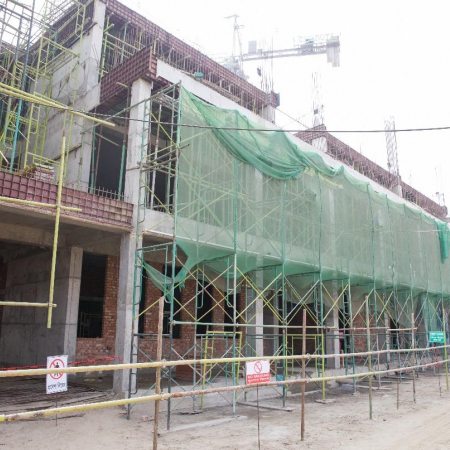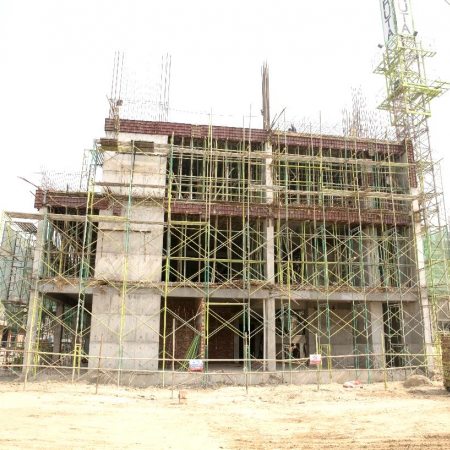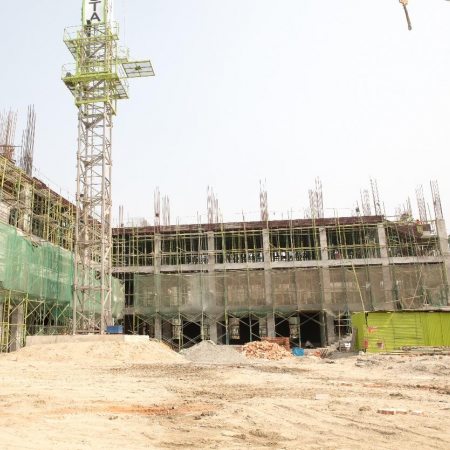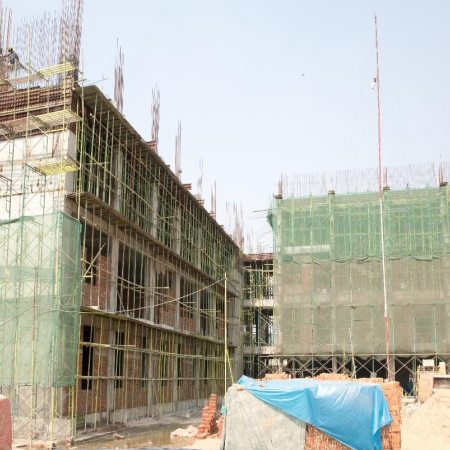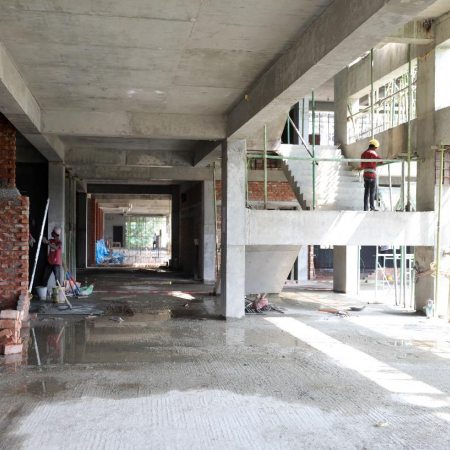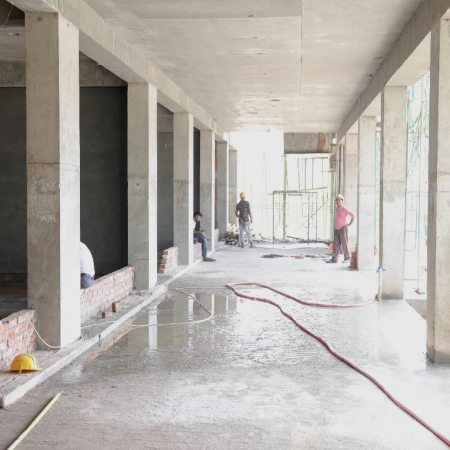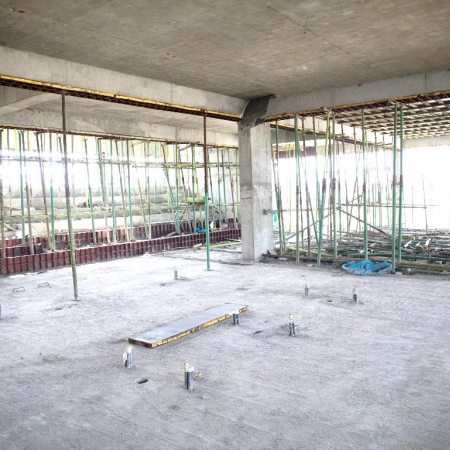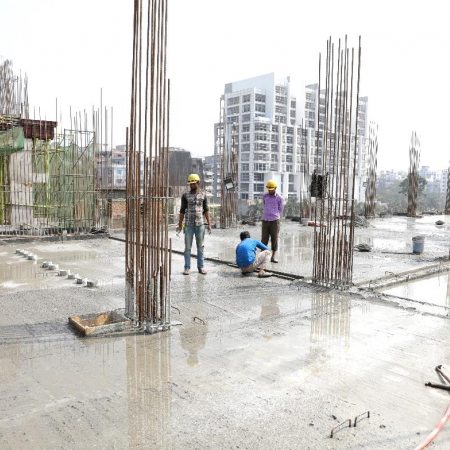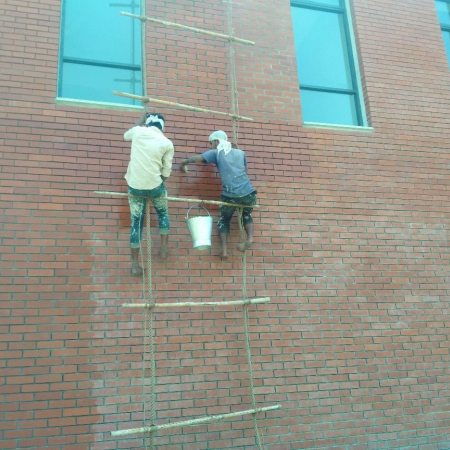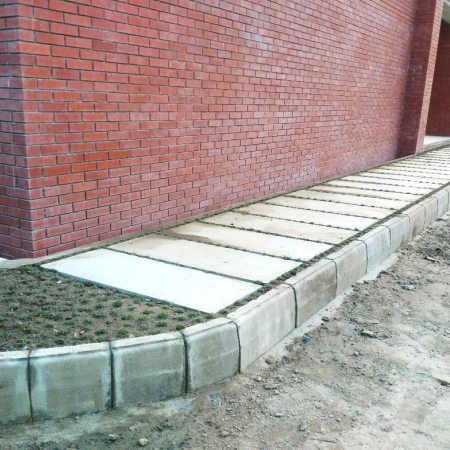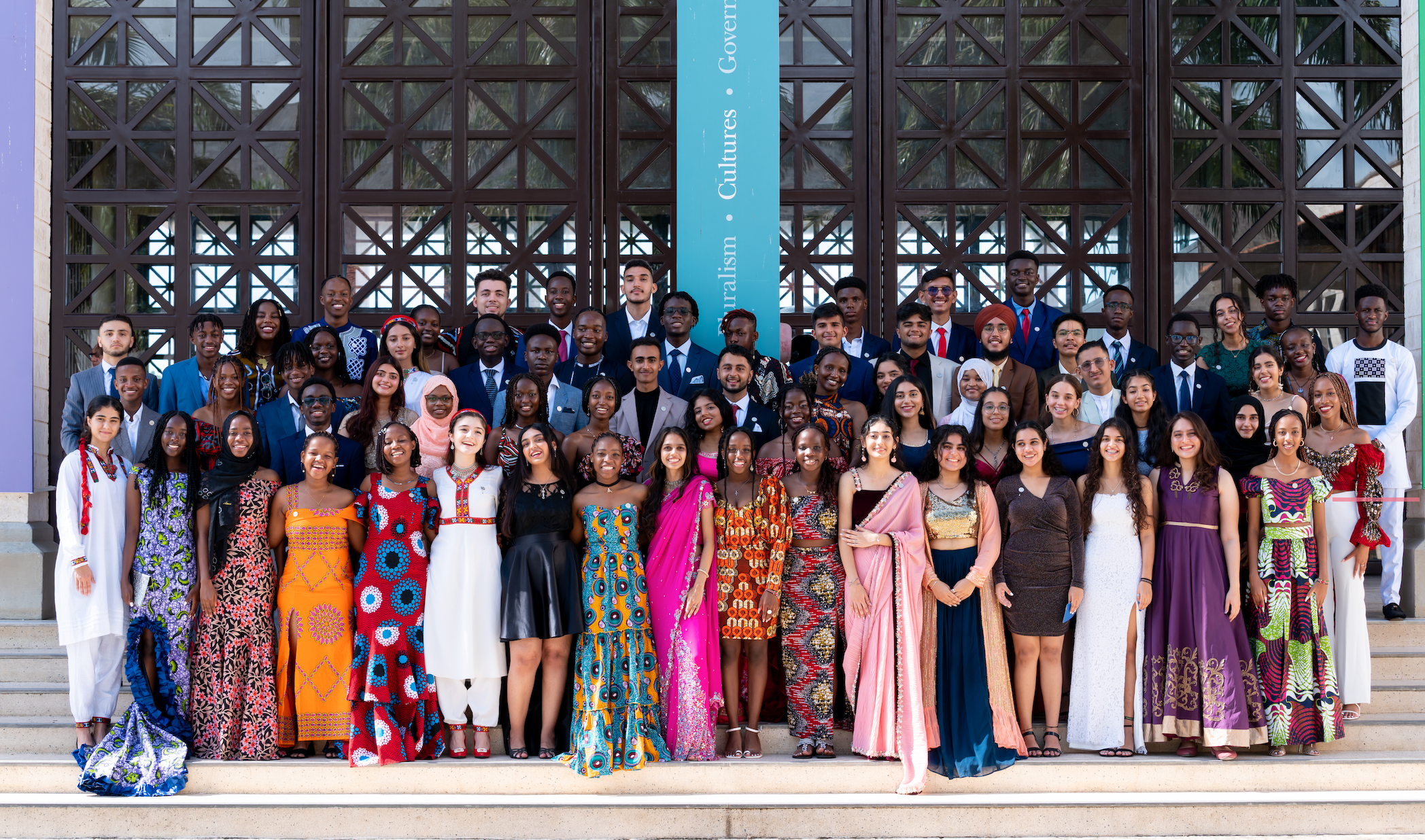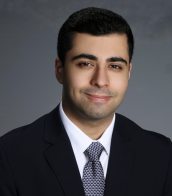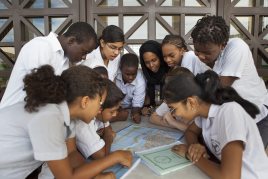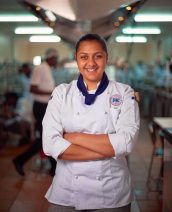At the Aga Khan Academy Mombasa, Ham Serunjogi – CEO and co-founder of African fintech giant Chipper Cash – realised the importance of staying connected to something larger than himself. The Forbes 30 Under 30 honouree is now serving as an advisor to the US President on African diaspora engagement.
Extra-curricular activities
Extra-curricular activities will begin on 19 September. For more details, please contact Academy's secretaries.
Aleem Mawji (Class of 2012): The most powerful weapon
A Hand Up at the Aga Khan Academy
I was born in Dar es Salaam, Tanzania, where I went through Aga Khan Nursery, Primary and Secondary schools. When I was approaching my last two years of secondary education, I started considering a move away from home to prepare for life in university, and the Aga Khan Academy Mombasa came to mind. I had visited the campus in seventh grade for a soccer tournament, and was left amazed by the beauty of the facility.
To be perfectly frank, my family’s financial circumstances would have made it very difficult to attend the Academy; some form of financial assistance was crucial. I was thrilled when AKA saw past the financial difficulty, recognized my accomplishments and potential to excel, and accepted me with a scholarship. I gratefully accepted the scholarship, knowing I had a responsibility to make full use of this immense opportunity. So at age 16 I set out for Mombasa and started with the International Baccalaureate (IB) program!
Learning a New Mode of Thinking; Meeting a New Community
Every day at AKA was challenging, as anyone that has experience with the IB program can certainly attest! Even mathematics presented a new language; I remember having to read a paper on mathematics with the date of publication and page numbers being the only numbers in the entire document! However, my most valuable academic experience was studying the Theory of Knowledge. This course focused very strongly on making one critically examine what it is that we “know.” To this day it has me questioning a lot of premises I would otherwise accept.
While the academic environment was fairly rigorous, it only enforced the already-strong sense of community one would experience in the residential program. One moment, we were scratching our heads over a physics lab report due that evening, and the next, we were plotting ways to sneak into the AstroTurf to kick the soccer ball around! In my opinion, this type of learning environment truly makes the Academy a unique and fulfilling experience. To this day, I still regard many of my dorm-mates as extended family rather than school colleagues.
Path to British Columbia
At the end of my two-year stay in Mombasa, I was honored to receive the Academy’s Medal of Honor for highest academic standing, and Award of Excellence; an all-round award for academics, sports, extracurricular, leadership, and volunteering. I was also nominated by the Academy for the International Leader of Tomorrow Award from the University of British Columbia (UBC). I received this award in the form of a full scholarship to study the program of my choice at UBC’s campus in Vancouver, Canada. While I left the compound of the Academy with immense joy knowing I had fulfilled some expectations placed on me, I felt an even greater sense of responsibility to myself, my family and the Academy given my opportunity to study in British Columbia.
The program I decided to study was Mechanical Engineering. Coming from a family of engineers certainly played a role in this decision, but I most appreciated the versatility of the degree and how the applications of mechanical engineering design spanned a range of industries. Over the course of my degree, I have worked on projects ranging from micro-controller-based autonomous vehicles, to a drip-irrigation system for optimizing use of a limited water supply. I have also spent eight months in the maintenance engineering department of a large copper mine, and have worked on the design of a device to prevent excessive bleeding from an injured limb.
I attribute my desire to work on this wide range of projects to two things: an unwillingness to be satisfied with the knowledge the I possess at any time, and a desire to have a larger positive impact on as many fronts as I can, when I have the capacity to do so. While these are arguably generic traits, my belief in them has been strongly enforced by the people I met at the Academy, and the Aga Khan Academy Learner’s Profile that the institution so strongly stands for and promotes in its students.
Working Together
During my third-year in university, I found myself at a cross-roads. While I enjoyed the versatility of the engineering degree, a part of me knew that becoming a professional engineer may not have been best-suited to my aspirations.
When I was in London visiting my cousin in the summer of 2015, he introduced me to the world of management consulting. Initially, it brought to mind an image of a team in suits, working in isolation, preparing a PowerPoint deck instructing a company on changes to be made to achieve X. I later discovered how out-of-date this impression is. Management consulting, I have found, is all about solving complicated problems that have a large impact on the clients and the community around them. More often than not, this is achieved while working hand-in-hand with the client companies to implement a proposed solution.
I learned more about this industry during a recent internship with McKinsey & Company. During this time, I got to work with a large coal mine that was seeking to reduce its maintenance costs. What was truly unique about this experience was how we were in the field, working with the tradesmen, foremen and managers, asking ourselves questions like “How do we know when best to replace this $300,000 piece of equipment? What actionable change can we make to our maintenance practice? How can we track the effect of this change?” We would draw on the strengths of each other’s backgrounds and figure out practical solutions together! I really appreciate this idea. I don’t want my work to be just theoretical or conceptual. I want to be on the front line, working with the people in question to make these changes tangible.
Harnessing Potential
One project that grew during my undergraduate study was a company that my brother, Naeem, and I co-founded. The company’s goal (to increase the access to electricity for people in Tanzania) was strongly based on values my family instilled, and that were prevalent at my time at the Academy. First, it applied the idea of giving back when one has the capacity to do so – not because we have to, but because we can. Second, it focused on the notion of sustainability and building capacity; not a one-time handout, but an activity that helps people harness their own potential to thrive.
In some ways, I see parallels in the role that the Aga Khan Academy has played in my story. As I approach the end of my undergraduate studies and begin my transition into a professional career, I reflect on the events that have taken place, and the individuals that have played a role to get me to the position I am in. While I owe an unparalleled amount of credit to my parents and two siblings for instilling the right foundation, I cannot overestimate the role the Academy played in my development. I came into the Academy with a scholarship, viewed as a student with potential, and have since become an individual with a stronger belief in my ability to harness my own potential, and that of people around me. That, I believe, is the most powerful weapon.
This spotlight is republished courtesy of AKF USA.
Imtiyaz Hariyani (Class of 2014): From Hyderabad to Abu Dhabi and beyond
Imtiyaz Hariyani credits the Aga Khan Academy Hyderabad with giving him more than just the academic skills he needs to succeed at the undergraduate level. In his words, it has also provided him with “the ability to thrive in a pluralist society and function in an intellectually and culturally diverse setting.” This is particularly fitting for Imtiyaz as he has had experiences in various parts of the world: he has just finished in degree in Biology at NYU Abu Dhabi and has undertaken opportunities in Mombasa and Lisbon. He is working towards a career in research in Molecular Biology or Bioinformatics.
Imtiyaz is from Pune, India and first heard about the Aga Khan Academy Hyderabad in Feburary 2012 – he distinctly remembers making the decision to attend. His parents attended a seminar conducted by the Academy in Pune but they hesitated to ask Imtiyaz if he would be willing to study all the way in Hyderabad. For Imtiyaz, who had grown up at home and was attached to his family, their uncertainty was justified. And yet, he replied, “Why not?”
“Undeniably,” says Imtiyaz, “that day has shaped my career and is the reason for my academic progress and journey to NYU Abu Dhabi.”
At AKA Hyderabad, Imtiyaz was introduced to the merits of a global education and the International Baccalaureate programme. He quickly became familiar with an educational style quite different from what he had experienced in middle school: instead of rote learning, the Academy focuses on understanding concepts in a hands-on, practical manner. Imtiyaz believes that this approach to teaching, along with an emphasis on extra-curricular activities under the banner of Creativity, Activity and Service, led him to redefine what it means to be educated.The Academy in Hyderabad offered students outlets to shape the school’s future. “In the senior school’s first year of establishment, we also received the opportunity to initiate activities that would turn into legacies,” Imtiyaz recalls. With a classmate, he transformed his passion for cricket into the AKA Hyderabad Cricket League, now in its sixth season. “As an alumnus who returned to the Academy three years after graduating,” he reflects, “I was immensely proud to see how the students have respected and maintained the legacies set by the Class of 2014 and have contributed to uplifting their standards to an extraordinary level.”
After graduating from the Academy, Imtiyaz took a gap year and was offered a five-month internship at the Aga Khan Academy Mombasa. There, he tutored students in various subjects, supported the cricket team, and mentored a group of Middle Years Programme students.
Imtiyaz’s internship in Mombasa was the beginning of his global experiences in the past few years. “Mombasa was the first time I had left my country in twelve years and the fact that I was going to a new continent knowing nobody was intimidating at first,” he remarks. “Fast forward two and half years – it has become an essential part of my life.”Last summer, Imtiyaz pursued a research program in Lisbon, the city which is host to the Global Seat of the Ismaili Imamat. There, he celebrated the Diamond Jubilee of His Highness the Aga Khan, the Imam of the Ismaili Muslim community and founder of the Aga Khan Academies, which he thoughtfully describes as “the perfect occasion to rejoice and reflect upon life after the Academy, and to express our gratitude to the Imam who has served the worldwide community for sixty years and has contributed to uplifting the quality of countless lives globally.”
Currently, Imtiyaz is working as a Research Assistant at NYU Abu Dhabi. Imtiyaz attributes his desire to seek the best in his university education and to learn first-hand about other countries and cultures to his experience at the Academy in Hyderabad and the vision of His Highness the Aga Khan.
“The spirit that the Academy embedded in me has allowed me to emerge as a global scholar with the support of my family and lifelong friends that I made in Hyderabad and elsewhere,” he explains. “From Pune to Portugal, I believe this journey is a result of His Highness’s tireless efforts in the field of education, and the Academies which have implemented this vision with great success.”
By Natasha Pirani
Aga Khan Academy Dhaka Construction - February 2019
See our latest photo gallery and aerial drone footage showing progress on the construction of the Aga Khan Academy Dhaka – February 2019.
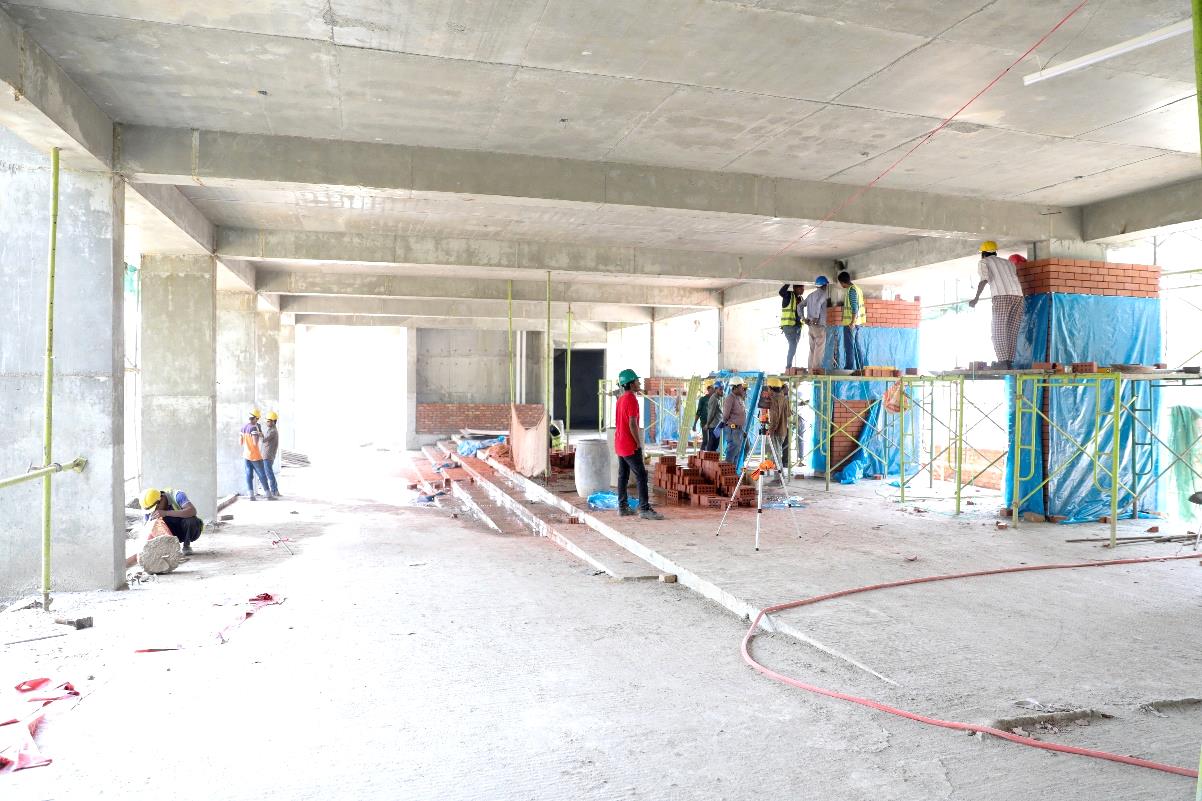
Mwanapwani Said: Inspired to make a difference
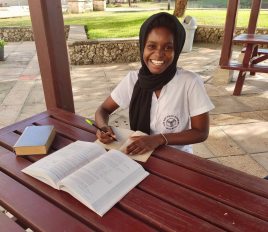 Year 10 student Mwanapwani Said, who comes from Msambweni in Kwale County, joined the Aga Khan Academy Mombasa in 2017 on a full scholarship through the Talent Identification Programme (TID). This programme is developed in line with the Academy’s vision to provide exceptional students with an international-standard education and leadership opportunities, regardless of their ability to pay.
Year 10 student Mwanapwani Said, who comes from Msambweni in Kwale County, joined the Aga Khan Academy Mombasa in 2017 on a full scholarship through the Talent Identification Programme (TID). This programme is developed in line with the Academy’s vision to provide exceptional students with an international-standard education and leadership opportunities, regardless of their ability to pay.
When she first received the news that she had been accepted to the Academy, Mwanapwani was elated and thankful. She was excited about studying under the Academy’s unique and holistic curriculum because she knew it was going to be a life-changing opportunity that would open many doors for her.
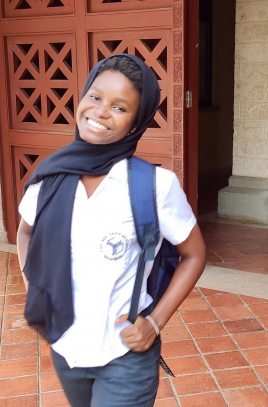 “I felt so grateful about receiving a full scholarship because it greatly reduced my financial burden. I became more driven than ever to create a fully rewarding experience for myself,” Mwanapwani said.
“I felt so grateful about receiving a full scholarship because it greatly reduced my financial burden. I became more driven than ever to create a fully rewarding experience for myself,” Mwanapwani said.
Having been at the Academy for nearly four years now, Mwanapwani has availed herself of every opportunity to strive for the better. Her growth has been reflected in academics as well as sports, where she has picked up a passion for football. In addition, being selected to participate in the Exchange Programme with AKA Hyderabad exposed her to a new culture, one that enabled her to gain an understanding of her identity and values whilst appreciating the varying perspectives of others.
Commenting on how the Academy has shaped her outlook on life, Mwanapwani stated: “The Academy has changed me for the better as I now know more about myself. Learning to have a pluralistic approach has taught me to be respectful of the opinions and values of others. I have also learnt to work well with others because I believe great things can be achieved when we work together and I feel like this is an important aspect that will help me in the future.”
"Mwanapwani is a very cheerful and conscious student. She is upbeat about life and hardly sees challenges as hurdles, but rather as trophies on her way up. Having been selected from TID, she has proved her mettle over the years in her Middle Years Programme. She is all-rounded, self-driven and radiates an aura of confidence around her peers. I consider myself fortunate to be around this positive personality," said Head of Residential Life Benson Wafula about Mwanapwani.
An aspiring health professional, Mwanapwani’s vision is crystal clear. She is duty-bound to make a difference.
“I feel like I have been prepared for the real world, to be mindful of others and to give back. I want to work hand in hand with members of my community to make a change in society.”
Alumni
Education at its best facilitates positive growth in all domains – intellectual, social, physical, ethical and spiritual – leading to the well-rounded development of the child. The Aga Khan Academies aim toward this ideal, and the values they espouse are reflected in each school’s aspirations for its students.
The vision for Aga Khan Academy graduates
Students at an Academy pursue a well-balanced education combining intellectual inquiry, academic excellence, sporting and cultural activities, and a grounding in ethics and moral reasoning.
They are committed to rigour and self-discipline in their studies and subscribe to the principles of intellectual honesty in the preparation of their work.
Read more here.
The Aga Khan Academy Alumni Network
Fill out the AKA Alumni online questionnaire here
Connect with us via our Facebook and Instagram pages.
Interested to know more about our graduates? See spotlights on our alumni
